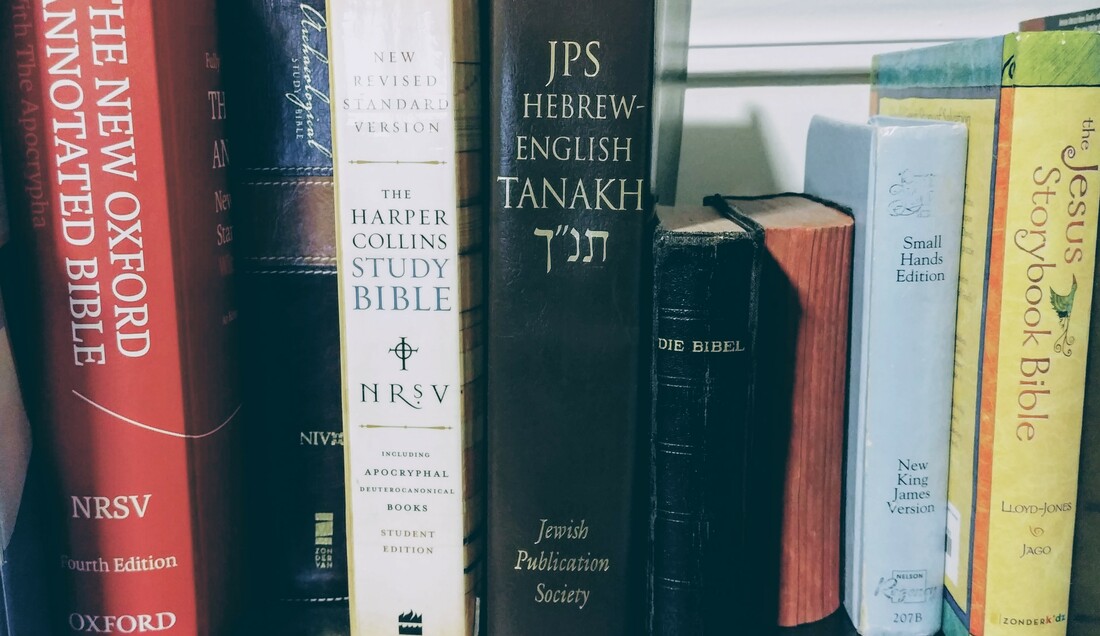|
-Rev Melissa Fain- This series is best experienced in order. If you are jumping in at this point, here are all the previous meditations. Please check them out: Bible 101: An Introduction Bible 101: Finding God Bible 101: The Three Hebrew Bibles Bible 101: Language Changes Bible 101: Take a Breath Bible 101: Voice Bible 101: Jumbled Voices Bible: 101: Q This isn't cannon. I'm not on the hull of a ship about to shoot a giant metal projectile towards your cute little dinghy. Canon, without that extra 'n' is not only a collection, but a very official collection. The Bible is canonized.
Back when the church was newish, and things like denominations were not even sparkles in the church leader's eyes, there wasn't a Bible like we know it today. A community might have one of the Gospels, and a couple of Paul's letters. I'm going to be honest with you: I discovered that little truth from a seminary professor. It angered me knowing something so simplistic was never openly shared. It completely changed my view of the events surrounding Acts onward. The story of Jesus wasn't like spreading ink. There wasn't this moment where the story happened, and it covered over everything. The story of Jesus was like an exploding star. Time to go science? Yeah, time to go science. When a star is ready to explode a few things happen. Over the life of star, it slowly grows over way more years than we can possible understand in our tiny brains. Then, it collapses in on itself, becoming much smaller than it was. Finally, it explodes all over the place. This pull in and push back is how I want us to see the spread of the story of Jesus. From the moment Jesus began his ministry that was the beginning of the spread of the story. It was a slow spread that continued after the resurrection until around 170 AD. That's when the conversation about a very official collection first really happened. Once you could say, "Hey, Matthew is a good understanding of what really happened, but that Gospel of Thomas needs to go away," those different letters and Gospels could be brought together. After canonizing different communities would have the same books, and conversation could begin between the communities. This, with Rome finally accepting Christianity as a viable religion, the story of Christ exploded all over the known world. I'm sure we're all okay right now. No high blood pressure, no need to get a paper bag and breath into it. Here's the part that will make you a little uneasy. That first canon, the one in 170 AD. It did not include Hebrews, James and 3 John. The next canon in 363 would include all of those books, but not Revelation. (Revelation almost didn't make the cut into our final Canonized Bible. Christianity would be drastically different if things had gone just a little bit differently.) It wasn't until the Council of Carthage in 397 that the Bible as we generally know it today was officially canonized. This does not mean that every Bible is the same. The Eastern Orthodox, and the Catholic Church each have Bible slightly different from the general Protestant Church. We call these added pieces "Apocrypha," or not genuine to the official canon. The Catholic Church considers some of these pieces "deuterocanonical" or forming a secondary canon. This might leave you staring at your own Bible wondering what's the point. We have to understand all that happened before we can even look at the phrase, "The Bible is the perfect and literal Word of God." The Bible is not the perfect and literal Word of God. Jesus is the perfect and literal Word of God, and that's where we need to move our sights. Once again, when you put the power on the book, you forget that the book exists because an event was big enough for that book to be written. There is something bigger than our Bible, and it's what happened to cause that book to be written in the first place. Canon are what is considered the most important and authentic parts as understood by Church leaders in the late 4th century. Next week I want to wrap this series on Bart Ehrman. He is an atheist who is also a professor of the New Testament. What can he teach those who are Christian? Show up next week and find out. |
Categories
All
Archives
October 2023
|




 RSS Feed
RSS Feed